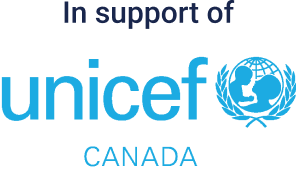What Are Antibiotics? (4-5)
This is the grade 4-5 (ages 9-10) version of this lesson. There are also grades 6-7 and 8+ versions on the site.
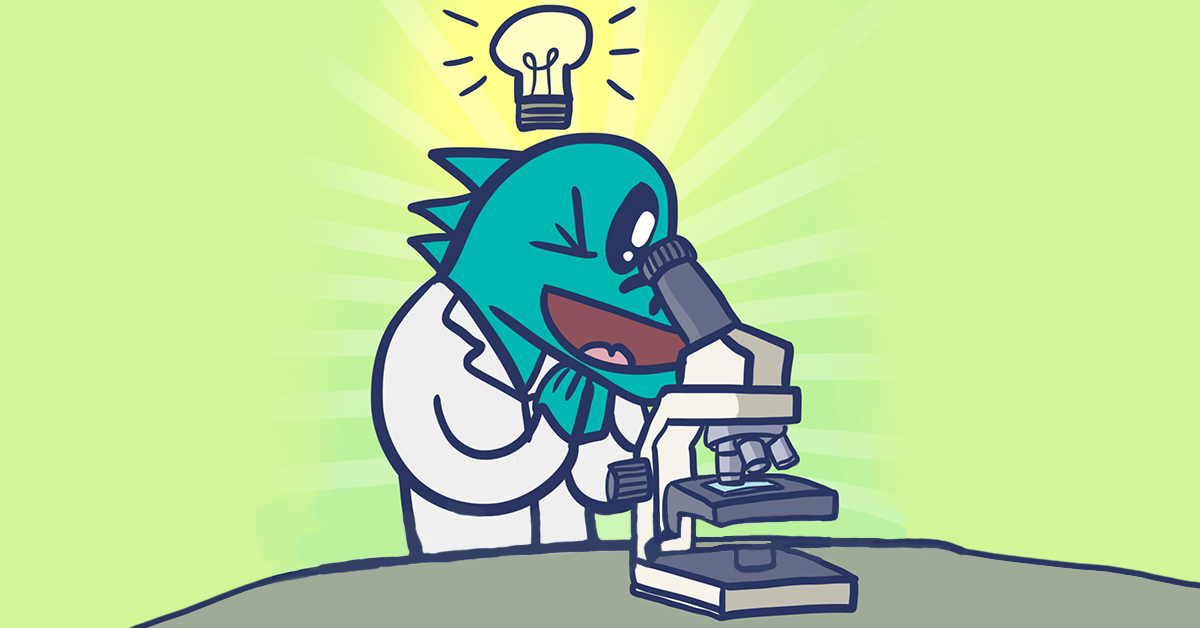
What are antibiotics?
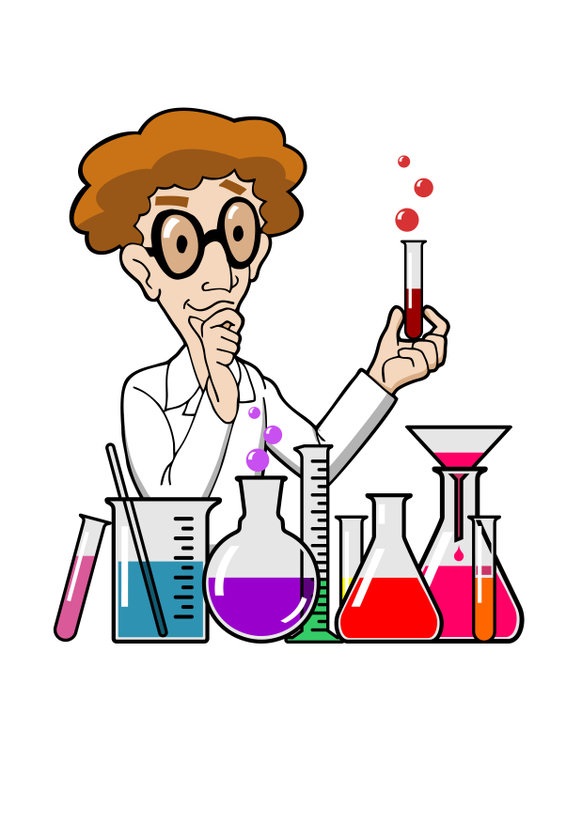
Before we had antibiotics, it was hard to treat people when they were sick with an infection caused by bacteria. Some people became very sick for many months. Sadly some even died.
Scientists studied why people were getting so sick from bacterial infections. After many years of research, scientists were successful in creating medicines to help treat bacterial infections.
These medicines are called antibiotics.
What does the word antibiotics mean?
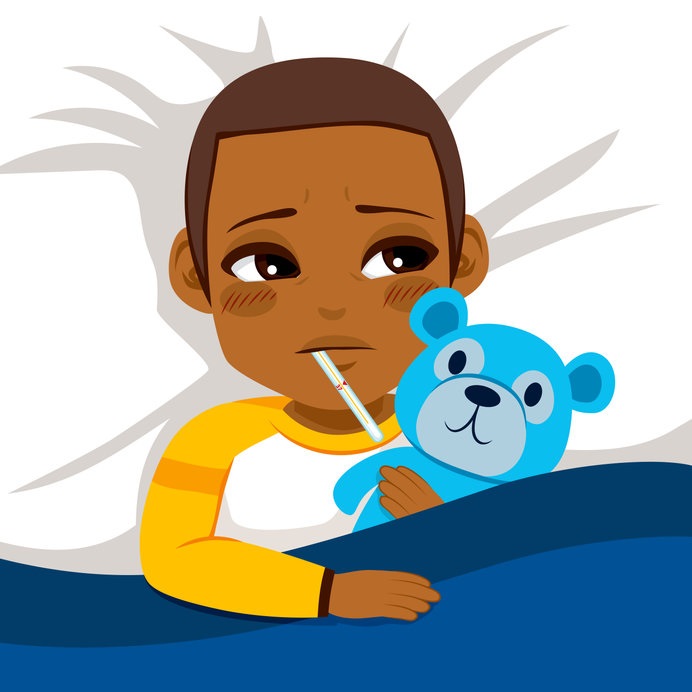
“Anti” means “against”.
“Biotics” means life.
In this case, we are talking about working against tiny living bacterial microorganisms that can make us sick. Antibiotics are bacteria killers.
Have you ever been given antibiotics by your doctor? Children are often given antibiotics as a liquid. That’s because pills are hard to swallow. You may remember getting strawberry or banana-flavoured medicine. If the medicine was for a bacterial infection it would have been an antibiotic.
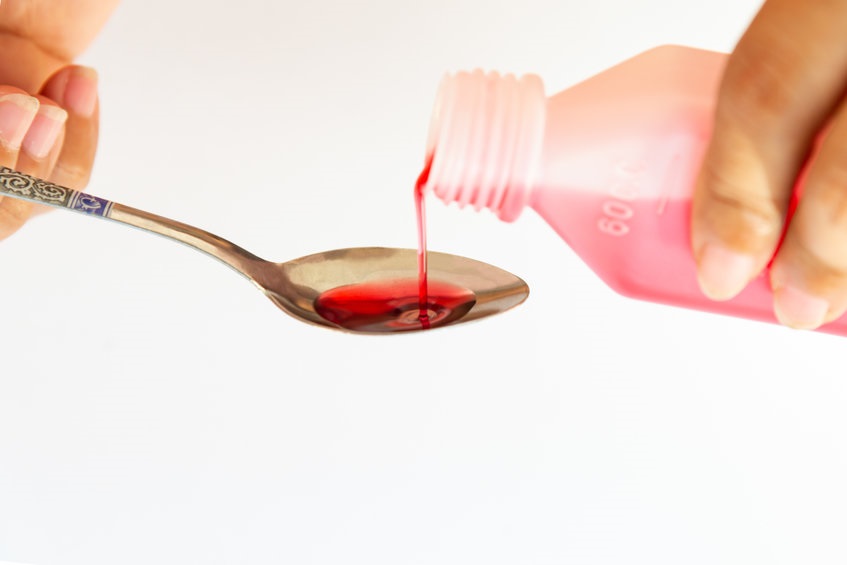
Antibiotics treat bacteria
Antibiotics are important medicines that fight infections caused by bacteria. Here is what a bacteria might look like under a microscope.
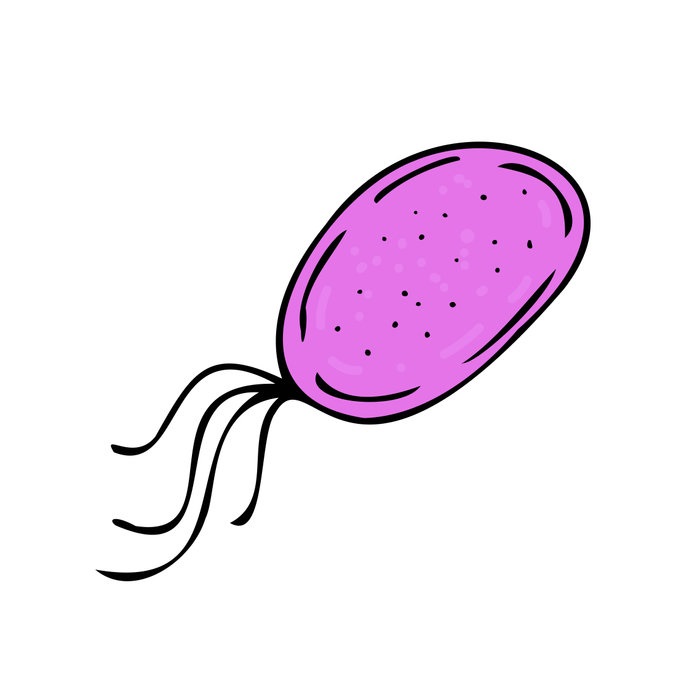
Antibiotics do not treat viruses
Antibiotics do not work for all infections. Viruses can also cause infections and antibiotics never work for those. This is because viruses and bacteria are very different. Antibiotics only work against bacteria.
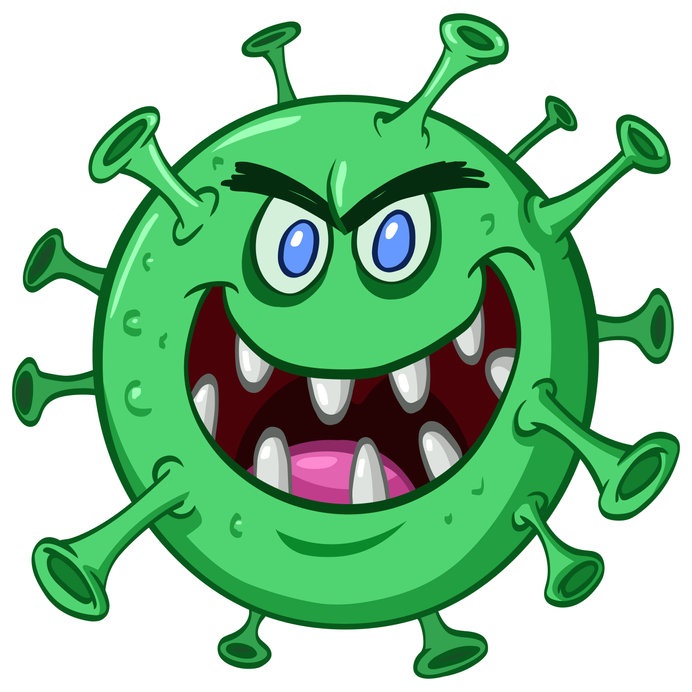
People can catch viruses all the time such as when they have a cold, or flu, or most sore throats. Here is what a virus might look like under a microscope.
If we get sick with an infection the doctor determines if it’s a bacteria, a virus or something else making us sick. If it's bacteria making you sick, your doctor may give you antibiotics. If it's a virus making you sick, your doctor will not give you antibiotics, because antibiotics do not work against viruses. If you have a virus, your doctor may tell you how to feel better by resting and drinking fluids.
Antibiotics can be in the form of pills or liquids. Some names for antibiotics are penicillin or amoxicillin.
Let’s find out more about antibiotics
Discovering antibiotics
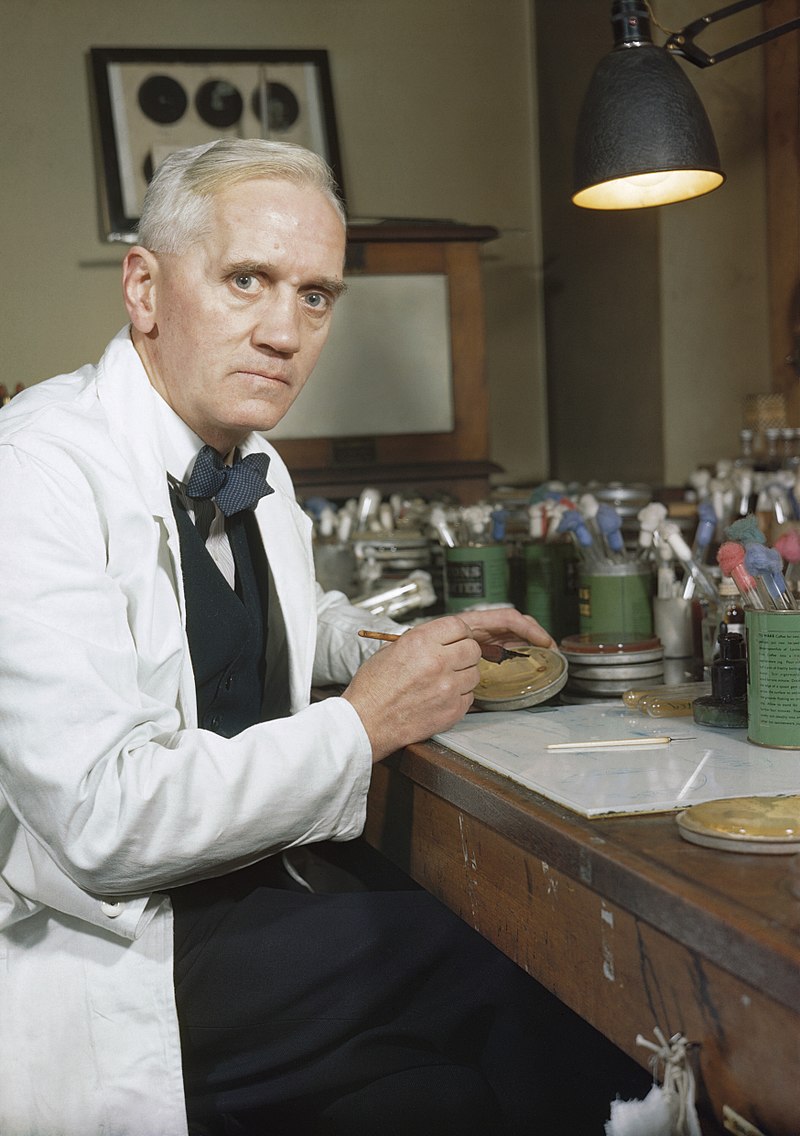
A Scottish scientist named Alexander Fleming discovered antibiotics. Fleming discovered antibiotics about 100 years ago, in 1928.
What happened in Fleming’s experiment?
He was doing an experiment in his lab to grow bacteria.
He grew the bacteria in a special dish called a petri dish.
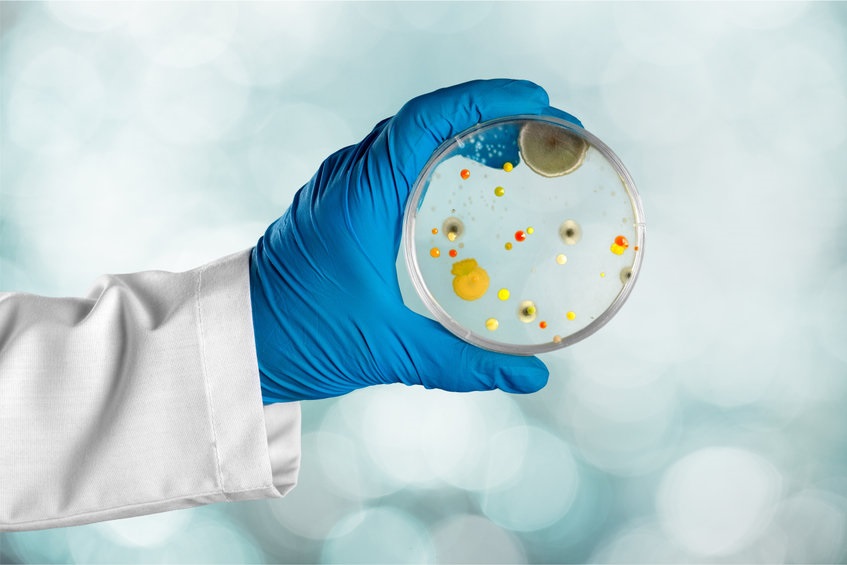
Later he noticed mold had started to grow in the same petri dish, and this was not planned. He noticed the bacteria wouldn’t grow near the mold.
So Alexander Fleming identified the mold that was preventing the bacteria from growing
This is how he discovered the antibiotic called penicillin.
All lessons & quizzes are free!
This was just one of the lessons in our Antibiotics section. There are over 500 lessons on Kids Boost Immunity just like this one on a variety of subjects. Each lesson includes a quiz and every time a student scores 80% or higher on a quiz, we will donate life-saving vaccines to UNICEF Canada. Sign up now!



